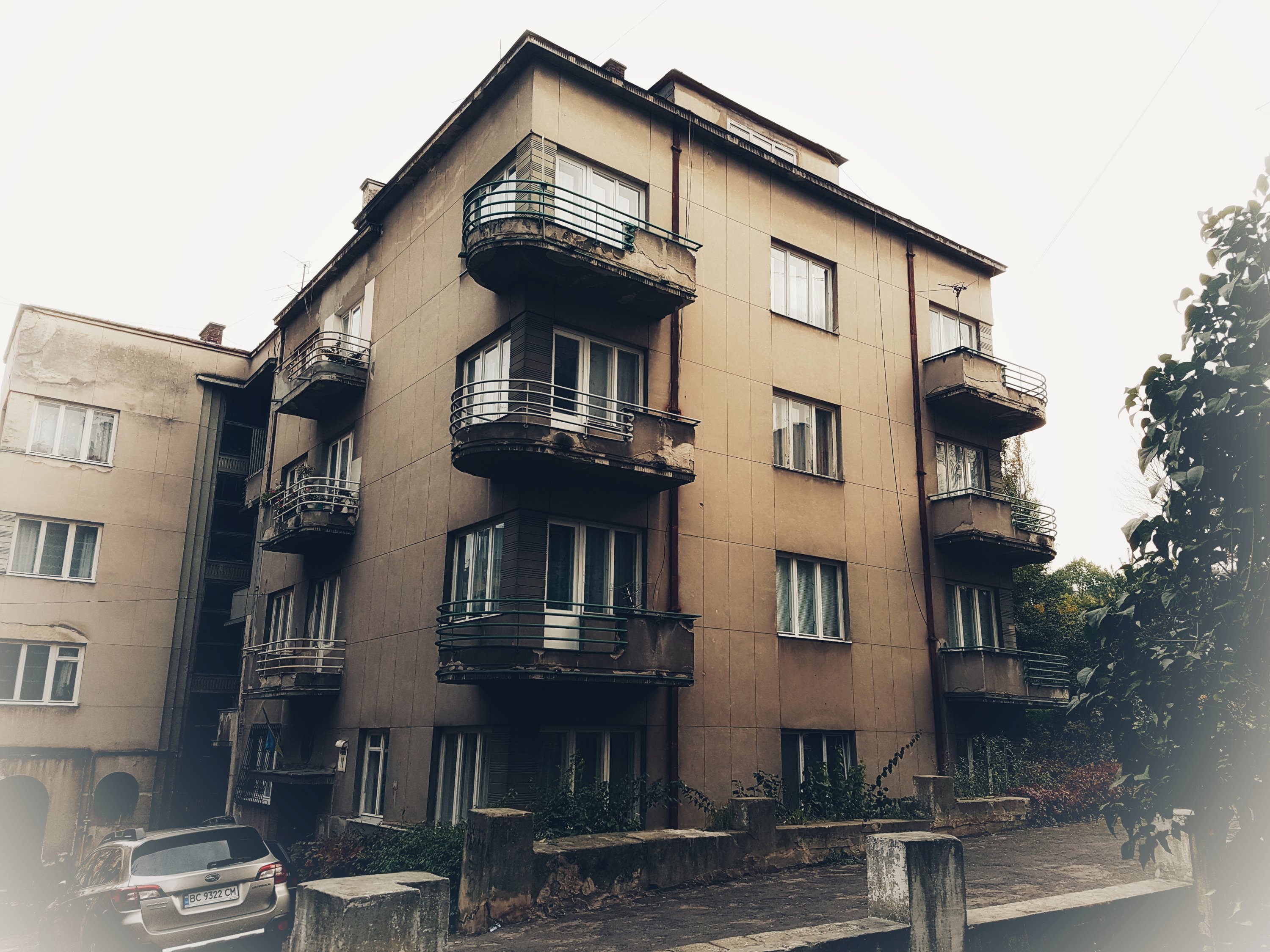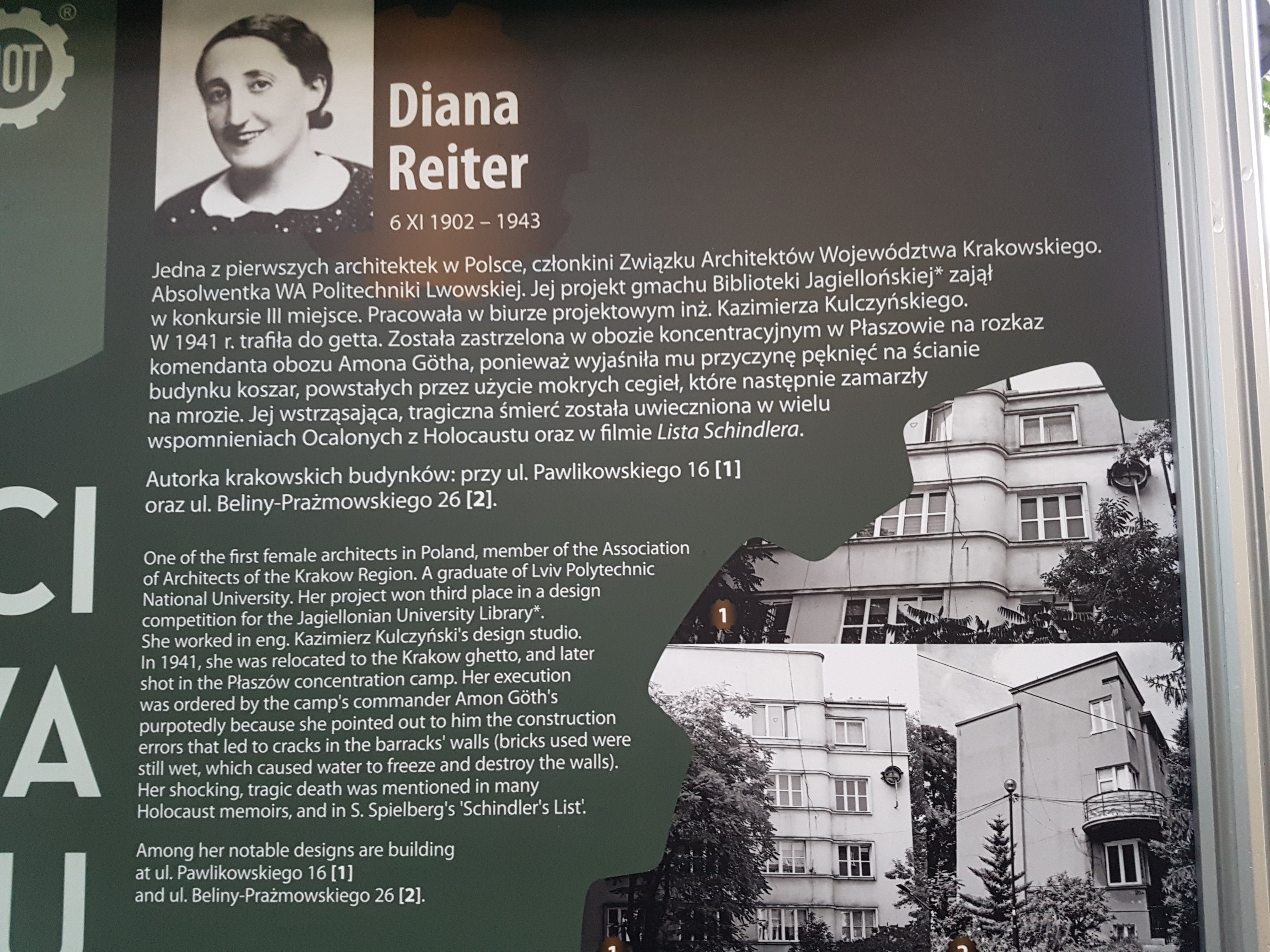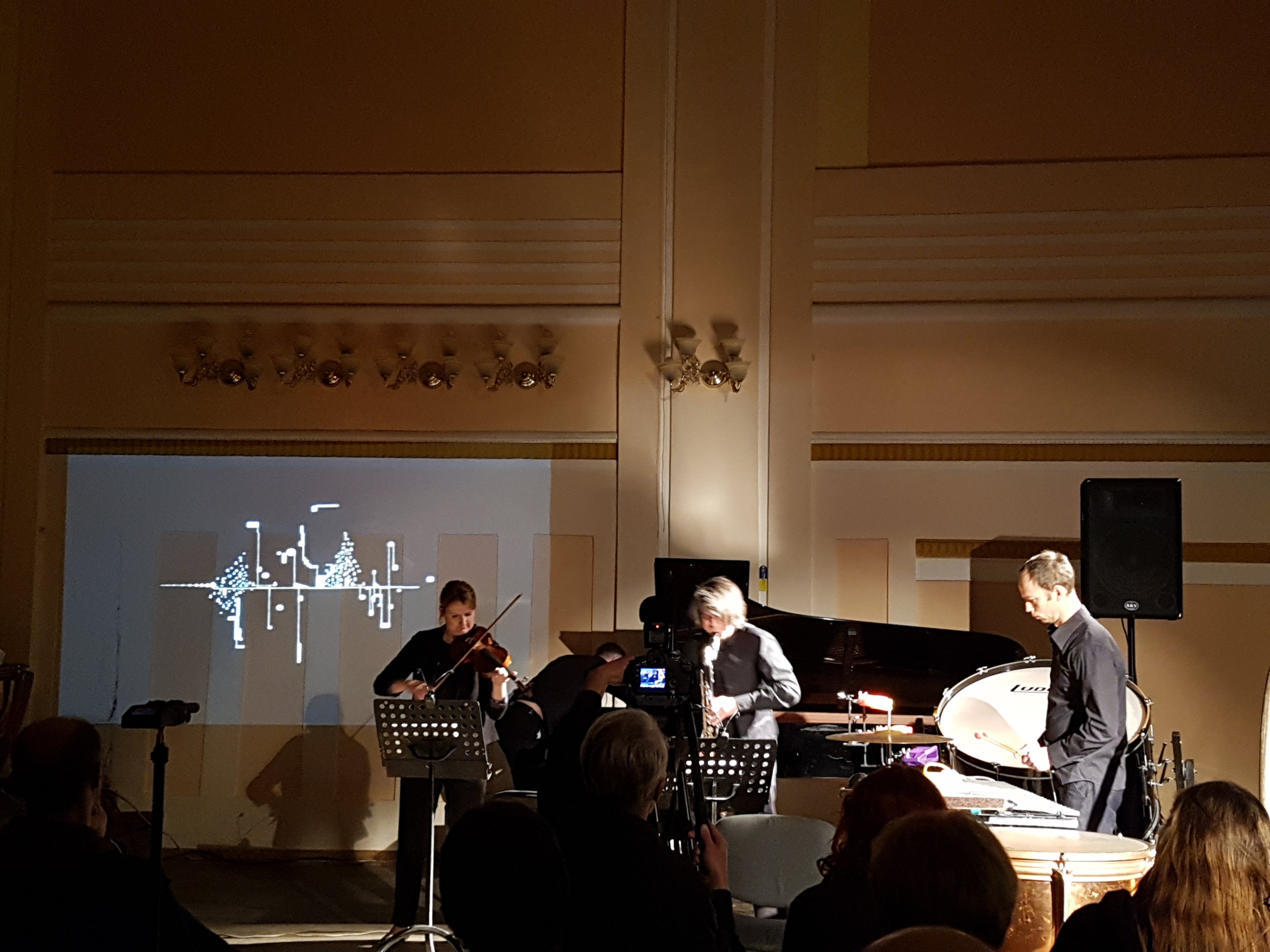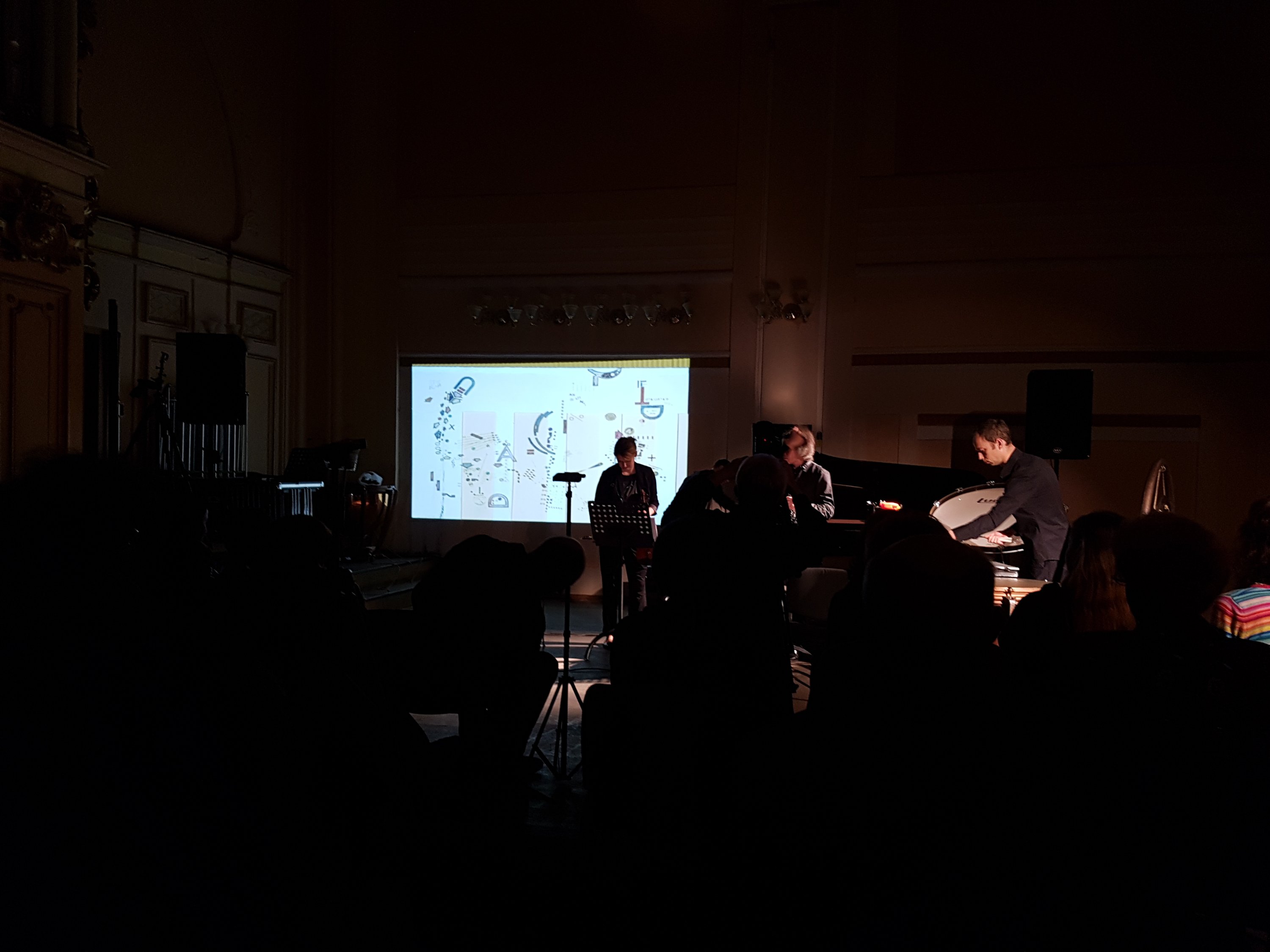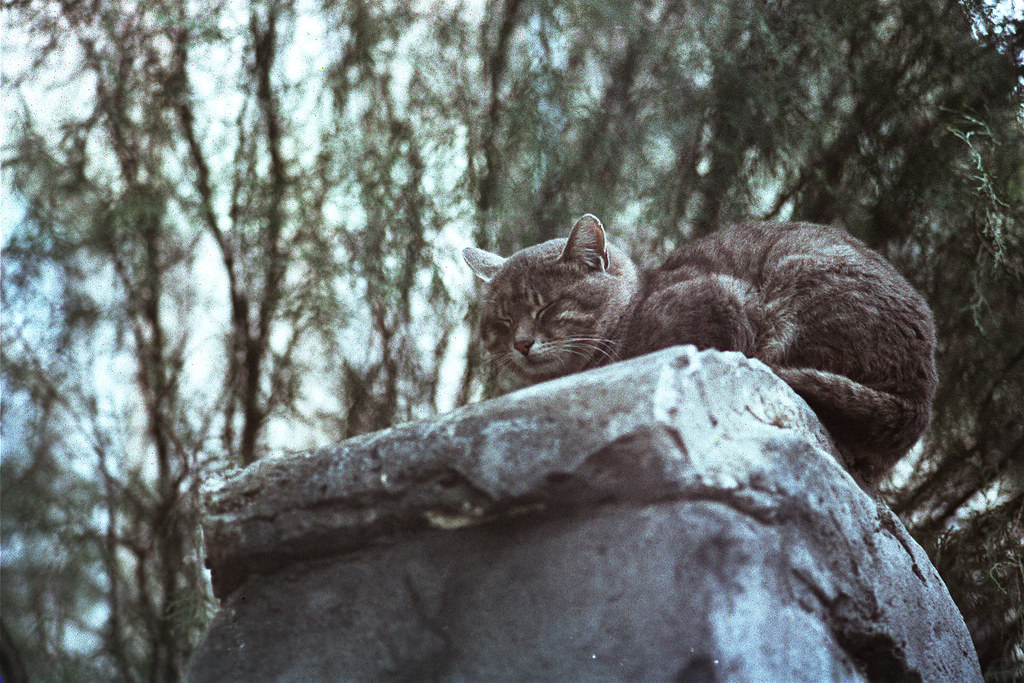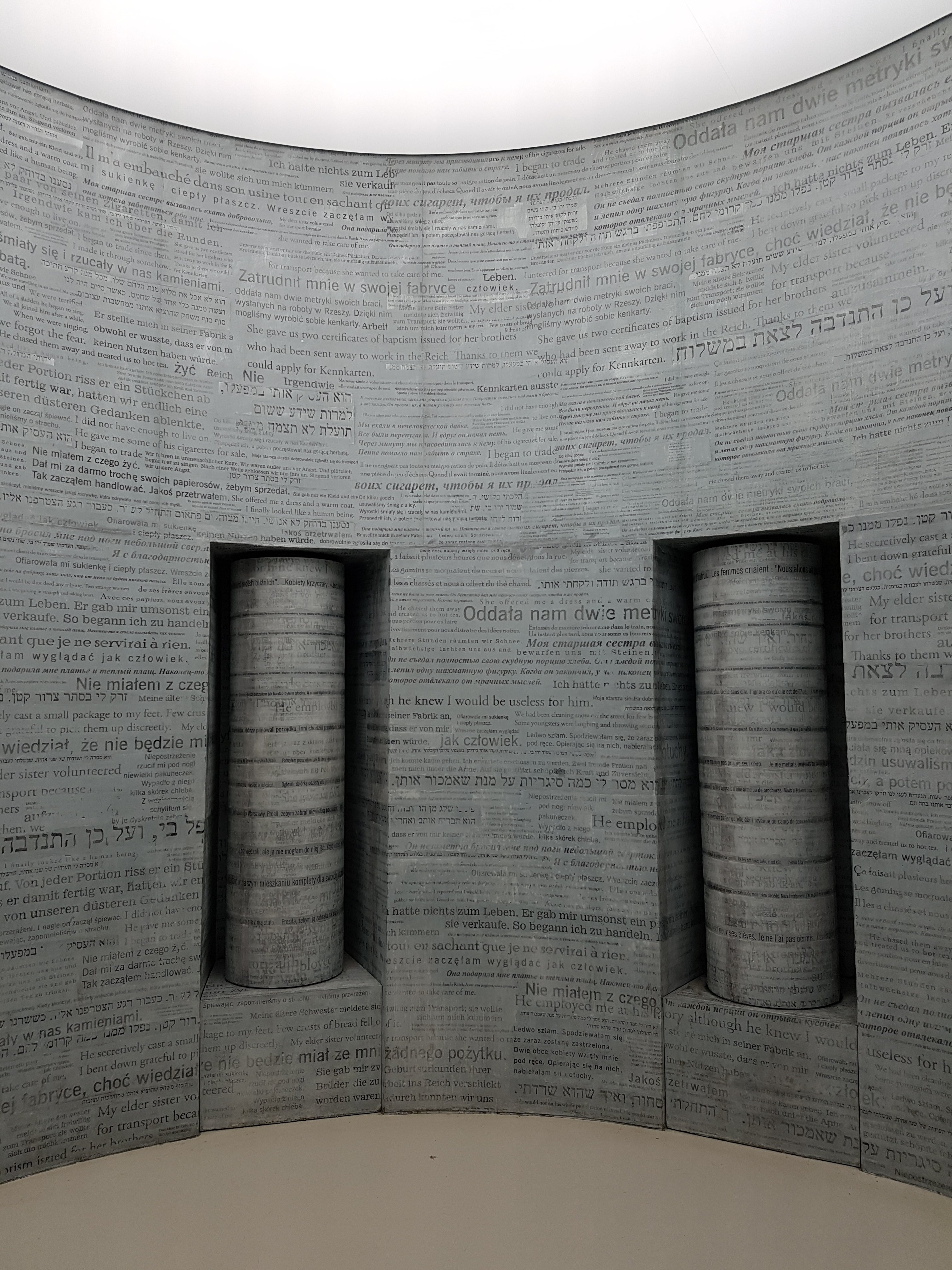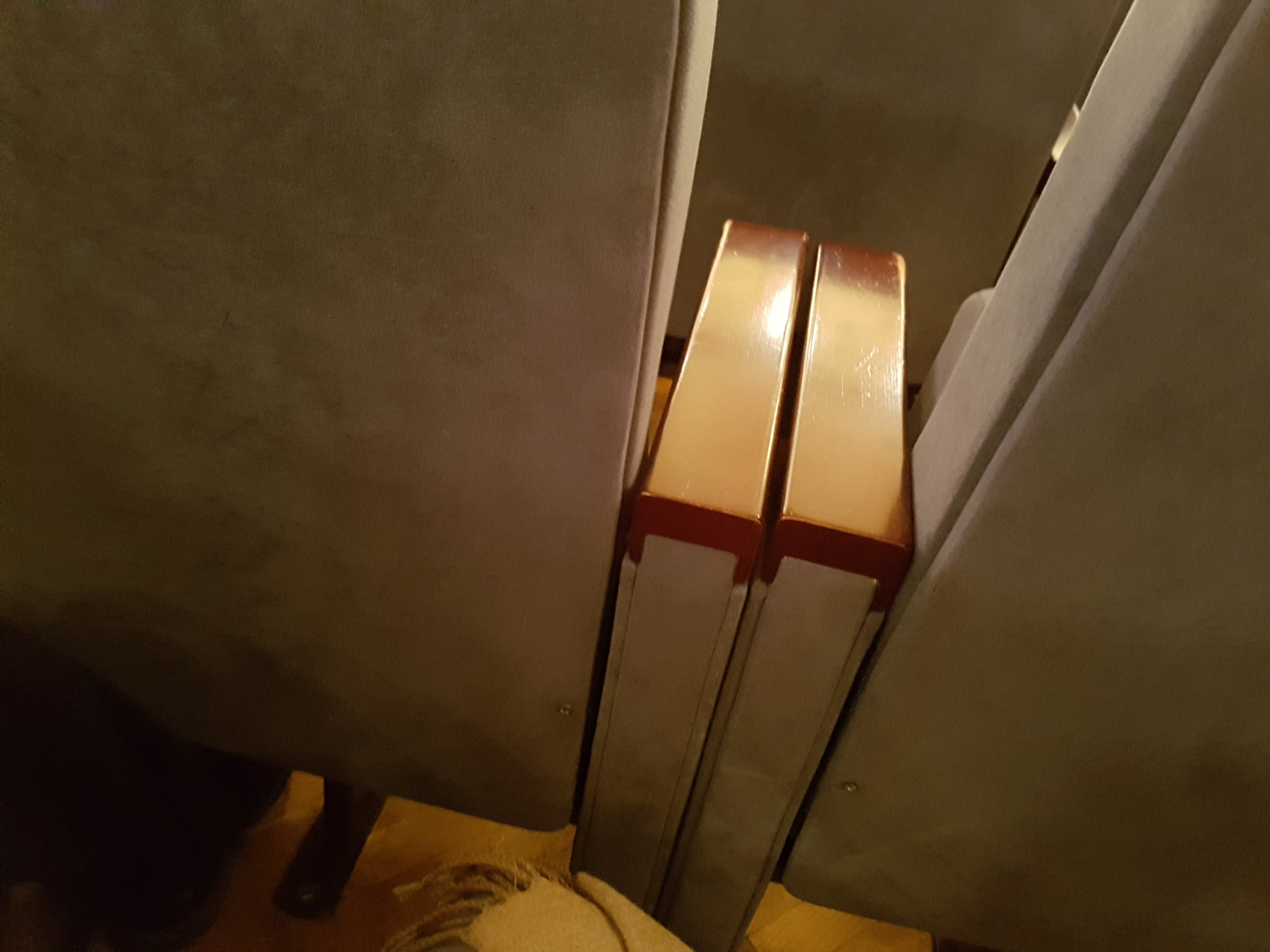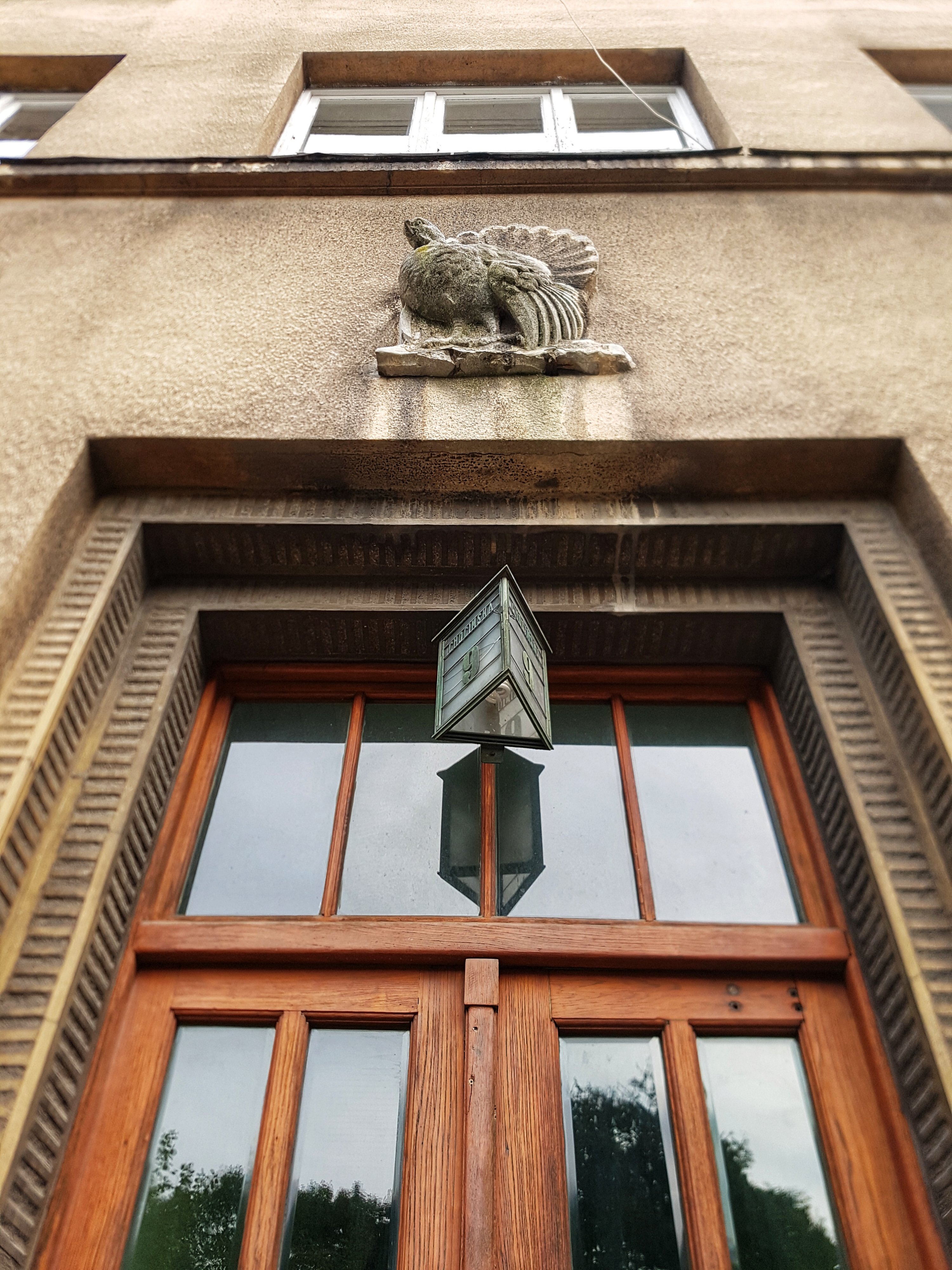Tankar på försvararnas dag
Category: by sophie engström, krönika, ukraina, ukraine
Tags: drömmar, förhoppningar, kärlek, krig, tillit, Ukraina
Krig förgör. Det dödar befolkningen, soldaterna, marken som borde brukas. Det pågår krig på alltför många platser i världen. Vi tycks fortfarande oförmögna att se en värld utan krig. Det är som om det är där vår förmåga till föreställningsvärld tar slut. Jag skulle kunna skriva om vilket som helst av dessa krig, men eftersom jag bor i ett land som sargas av ett långt, och tillsynes, ändlöst krig, är det givetvis därifrån jag tar min utgångspunkt. I Ukraina firar man idag (14 oktober) försvararnas dag, och här har fler än 10 000 mist livet sedan krigets början. Av dem 2803 civila.
Men kriget lämnar inte bara efter sig begravningsprocessioner. Kriget dödar också tillit, framtidstro, drömmar, kärlek. En långsam urholkning, som slutligen leder till en förändring i atmosfären. Det senare blir jag varje dag plågsamt påmind om.
När jag mötte Ukraina första gången var det kärlek vid första ögonkastet. Den öppenhet och generositet jag mötte hade jag aldrig mött i något annat land. Mitt eget hemland inkluderat. Jag minns en svinkall januaridag för många år sedan, då jag tagit min tillflykt till ett litet kaffebås på en av Kyjivs alla basarer. När kaffeförsäljerskan hörde min brutna ryska (för jag talade ryska på den tiden), stannade hon upp mitt i sitt hantverk. Trots att jag led av den värsta sortens kaffeabstinens, lommade hon plötsligt iväg. Jag stod där, stelfrusen, men med ett ilsket vulkanutbrott brännande på tungan. När draperiet äntligen fladdrade till, och den förlupna kaffeförsäljerskan uppenbarade sig, var det med en gåva till mig. Fram sträckte hon ett poslinslejon. “A present from Ukraine,” förkunnade hon på nästan lika bruten engelska, som min ryska.
Mina ögon fylldes av tårar, och jag visste inte hur jag skulle besvara ett sådant tecken på generositet och uppriktig glädje över min blotta existens. När jag stod där och som bäst fumlade med kaffekoppen och proslinslejonet blev jag, som så ofta här, räddad av mannen som stod bakom mig i kön. På frågan vad han ville ha svarade han: “Jag vill ha en sådan där ‘a present from Ukraine'”.
Den där generositeten och uppriktiga glädjen över min existens har väl egentligen inte försvunnit. Jag möter den, men den har förändrats. Ukraina är sargat. Söndertrasat. Och det syns i människors blickar. De möter min, men på ett annat sätt. För en liten grupp har jag även förvandlats till en representation för det Europa som svikit Ukraina. Det gör ont i mig. Det gör ont i oss när våra blickar möts. Vi kan aldrig se varandra på samma vis. Genom min kropp är jag den som låter kriget fortgå. Jag är den som hellre offrar Ukraina, än ser till att rädda landets östra del att slitas i stycken.
Krig stöper oss i hat. Vi glömmer hur vi älskar. Vi glömmer varför vi älskade. Och jag saknar den tid då våra blickar möttes med frimodighet. Med förhoppningar. Med drömmar. Med tillit.
Vi måste hitta tillbaka dit till den känslan, eftersom det är det enda sättet att besegra kriget.
Och det går inte en dag utan att jag önskar att jag hade ett sådant där litet proslinslejon som kaffeförsäljerskan hade, och som jag kunde sträcka fram och säga “A present from Sweden to Ukraine”.



